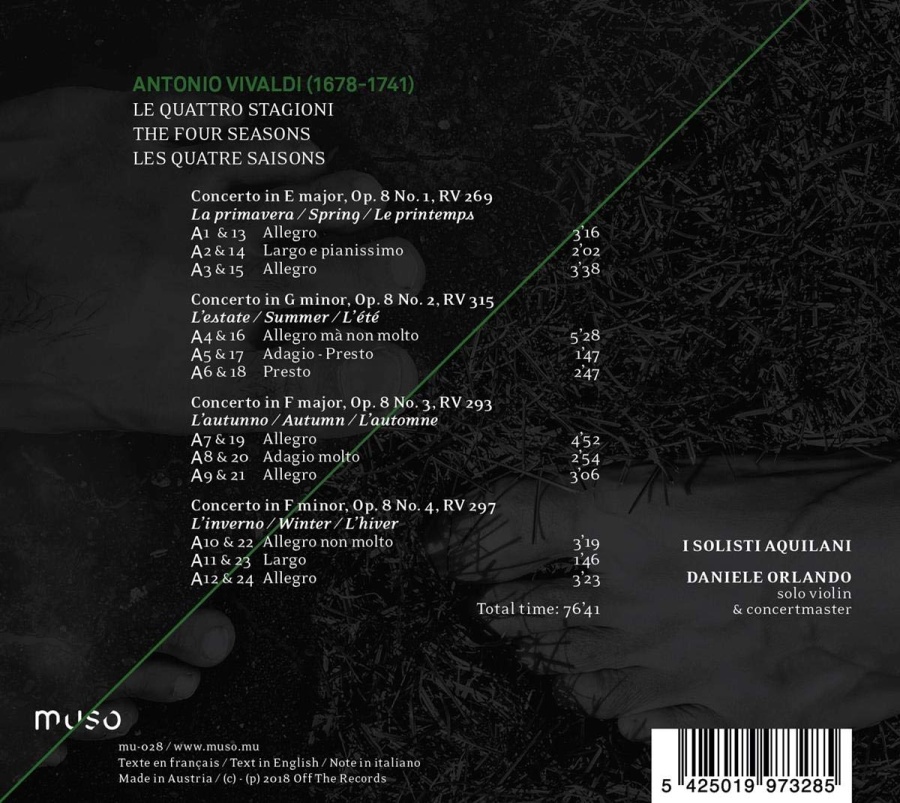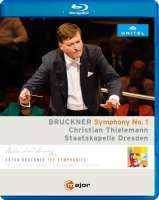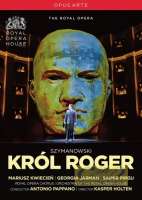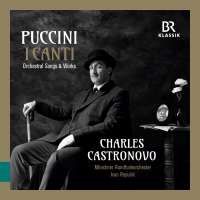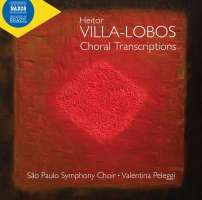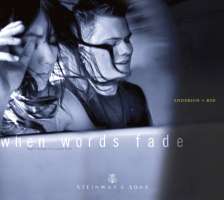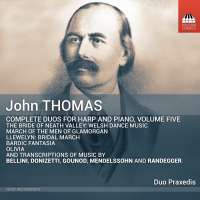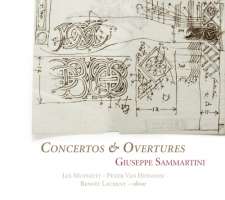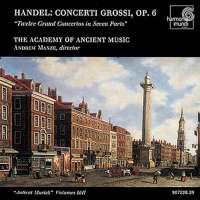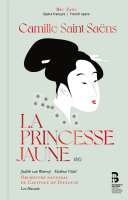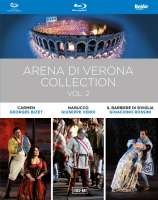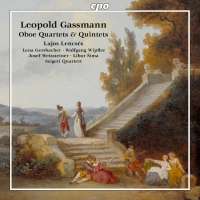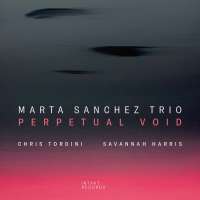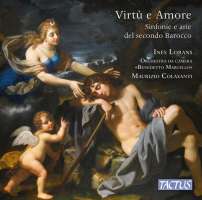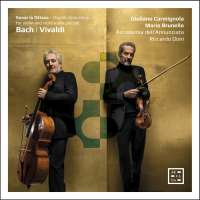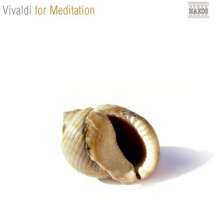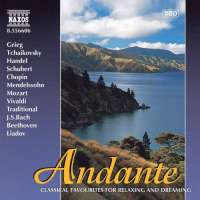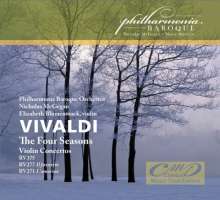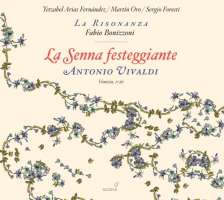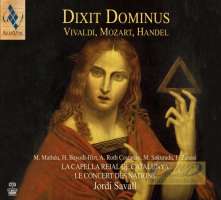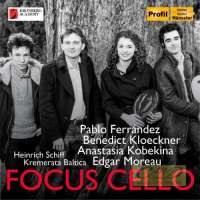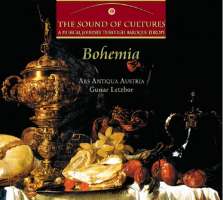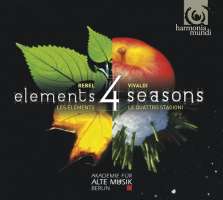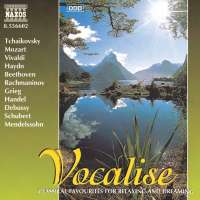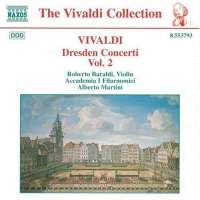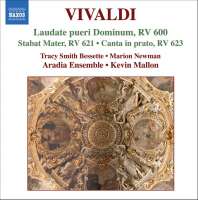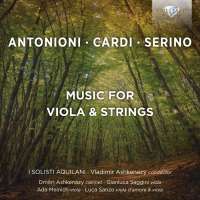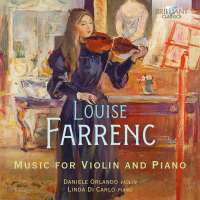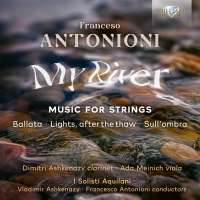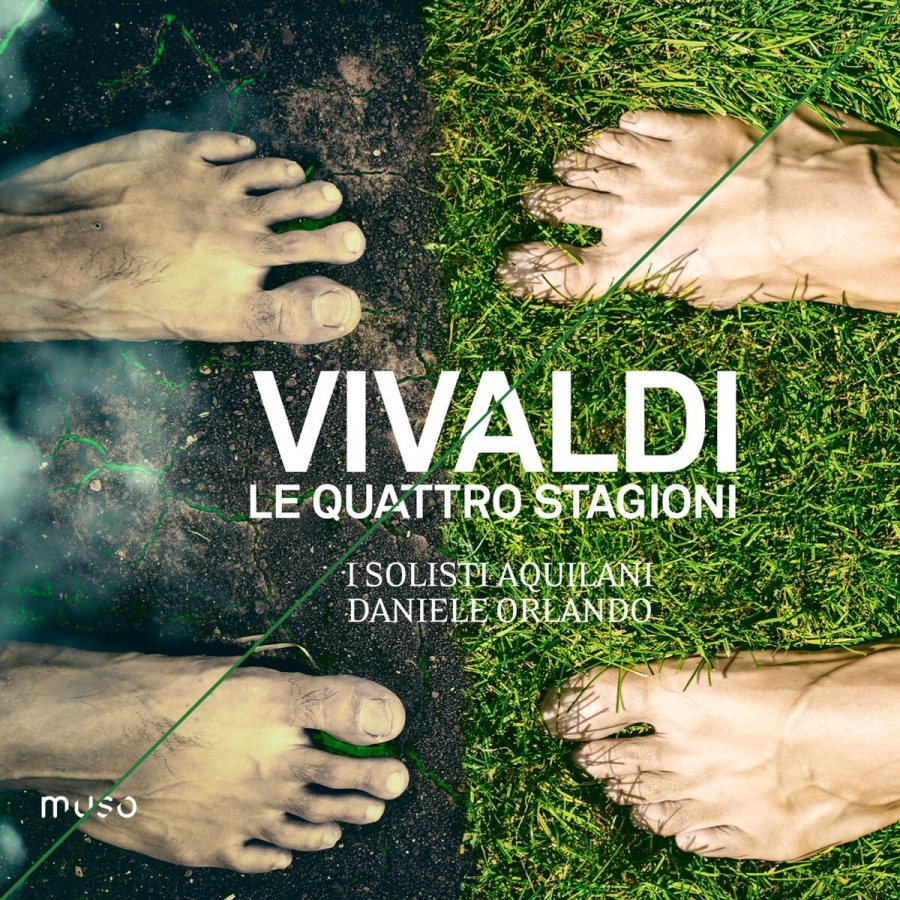
kompozytor
Vivaldi, Antonio
tytuł
Vivaldi: Le Quattro Stagioni
wykonawcy
I Solisti Aquilani;
Orlando, Daniele
Orlando, Daniele
nr katalogowy
MU-028
opis
Everything has already been said about Vivaldi’s Four Seasons, that monument of music and the object of very many recordings. This work, no doubt one of the best known throughout the world, was, however, innovative when it first appeared, for Vivaldi showed himself to be highly precise in his writing, both in terms of the dynamics and the tempi (the term ‘Allegro’ has 18 different dynamics in his indications). A man born in the seventeenth century, he injected into his music the new dynamism of the following century, without ever neglecting the theatrical aspect of the writing, including the instrumental writing. •
Would the Venetian composer have really appreciated the performances heard over past decades, be they ‘authentically baroque’ or, provocatively ‘rock-baroque’? The Italian violinist Daniele Orlando, accompa-nied by the Solisti Aquilani, ‘read’ and ‘play’ the contemporaneity of Vivaldi: here there are no effects without cause, never is there an overbearing taste for gratuitous stupefaction as though saying to the listener, “Listen how gifted I am”. Instead it is as though restoring his own stupefaction: “Listen how this music is lively and varied”.
This new recording also poses another question: can one, today, given the state of our planet, interpret the Four Seasons as if our environment was not the result of the major wounds that man has inflicted on it, as if this Nature described by Vivaldi was not threatened? The response of Daniele Orlando is to be found in his musical choices that at times appear radical; yet there is always a pre-eminent care for the expressive dramaturgy in his performance. •
Lastly, and it is a first, this recording consists of two different mixes of these Four Seasons: a version with natural sound and a second, more contrasted version that will enable the listener to enjoy two different sound environments.
nośnik
CD
gatunek
Muzyka klasyczna
producent
Muso
data wydania
07-01-2019
EAN / kod kreskowy
5425019973285

(Produkt nie został jeszcze oceniony)
cena 79,00 zł
lubProdukt dostepny w niewielkiej ilości.
Wysyłka w ciągu 3 dni roboczych
Darmowa wysyłka dla zamówień powyżej 300 zł!
Darmowy kurier dla zamówień powyżej 500 zł!
sprawdź koszty wysyłki